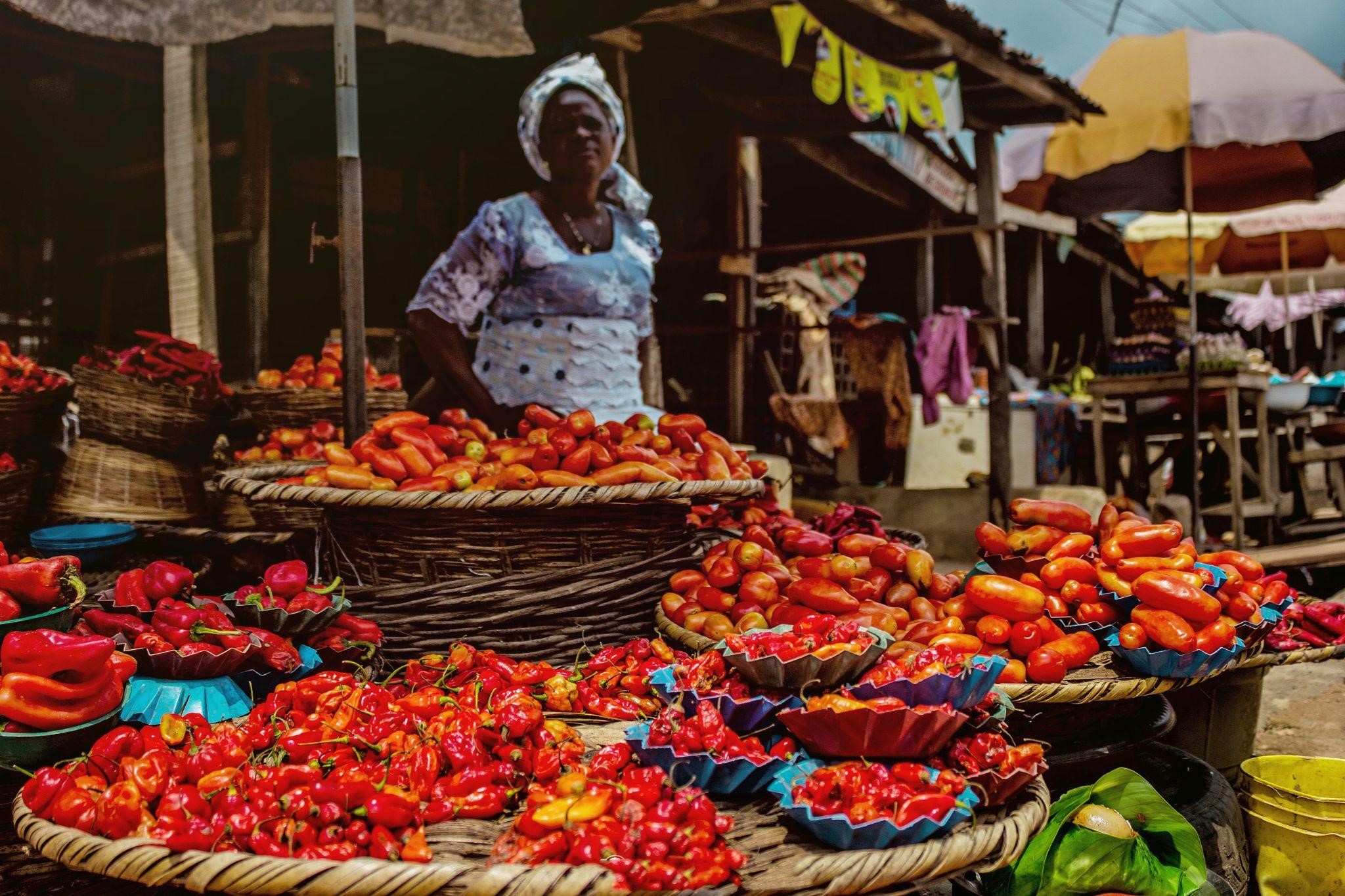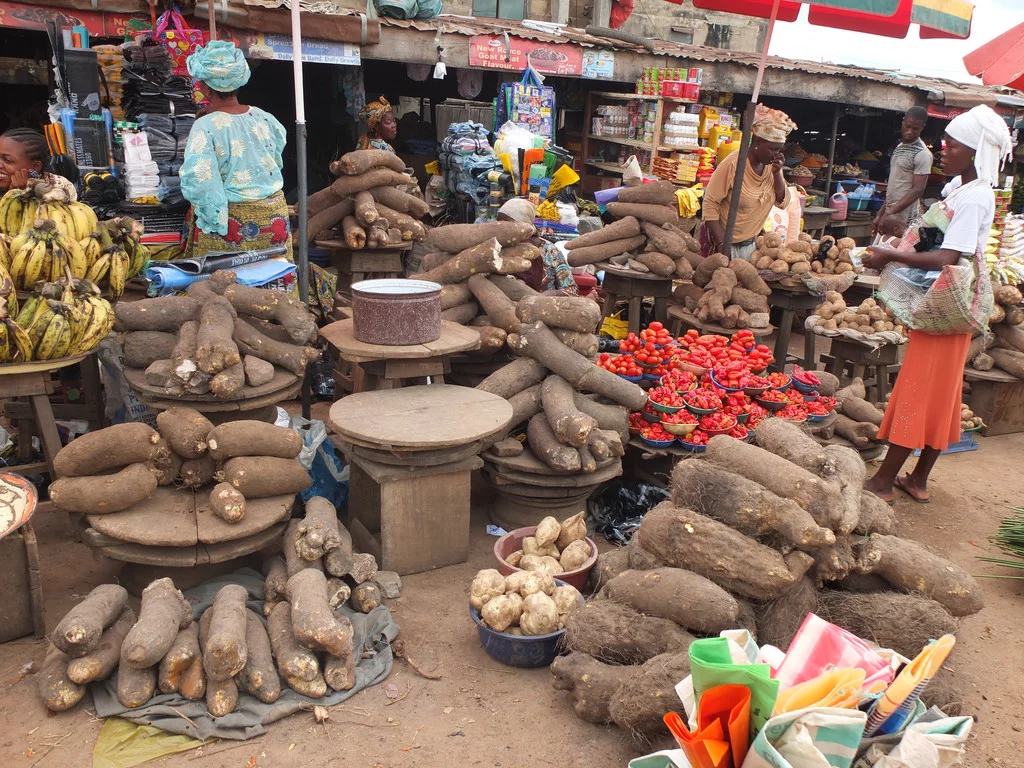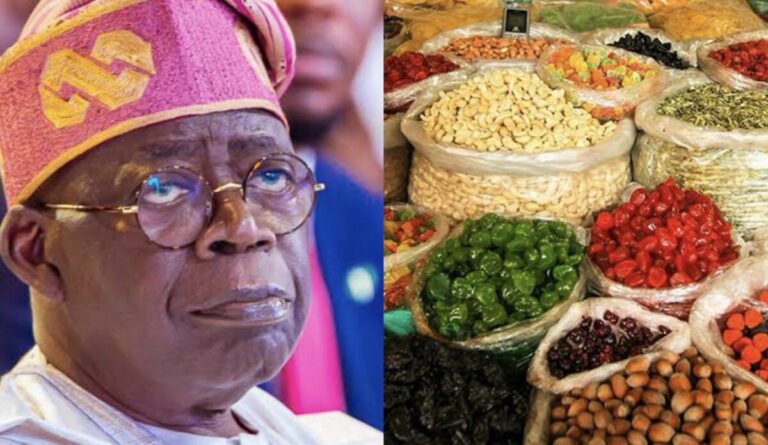Recent reports have unveiled a welcome trend in some northern states of Nigeria: a decline in food prices.
Nigeria has grappled with escalating food costs, posing challenges for millions and sparking concerns about food security. The surge in prices, estimated to have risen by 25% to 30% year-on-year across various items, particularly staples like rice, beans, and vegetables, has strained household budgets, especially for low-income families.
However, there’s a glimmer of hope as recent investigations reveal a decrease in food prices in states like Kano, Niger, Taraba, Kwara, and Niger, thanks to coordinated efforts by authorities and key stakeholders.
In Kano, markets including Doguwa, Tudun Wada, and Bunkure witnessed significant drops in prices of maize, soya beans, beans, and rice. The Kano State Public Complaint and Anti-Corruption Commission’s crackdown on grain hoarding played a pivotal role in driving down prices. Merchants, like Hudu Faruk, acknowledged the impact of these measures, citing a decrease in demand from major buyers as a contributing factor.

Taraba State saw notable reductions in the prices of maize, soybeans, sorghum, locally processed rice, and white beans across Mutum Biyu, Garba-Chede, Maihula, and Iware markets. The absence of middlemen engaging in bulk purchases has been credited for the price decline.
Kwara State reported significant drops in maize prices, with farmers and traders in Ajase market witnessing reductions from over N65,000 to N40,000 per 50kg bag. Amana Farmers’ chairman, Mukaila Salaudeen, anticipates further price adjustments following government policies aimed at stabilizing grain prices.
In Niger State, markets in Bida recorded decreases in maize and guinea corn prices attributed to government interventions against bulk grain purchases. However, fertilizer prices surged in anticipation of the rainy season farming.

Despite these positive developments, some regions like Benue State still grapple with high food prices. However, the price of soybean has notably decreased due to increased market supply.
Similarly, in Katsina State, agricultural produce prices began to decline following the withdrawal of animal feed companies from markets. Factors like currency depreciation and market dynamics continue to influence price fluctuations.
While challenges persist, the recent decline in food prices offers hope for improved accessibility to essential commodities for many Nigerians.


